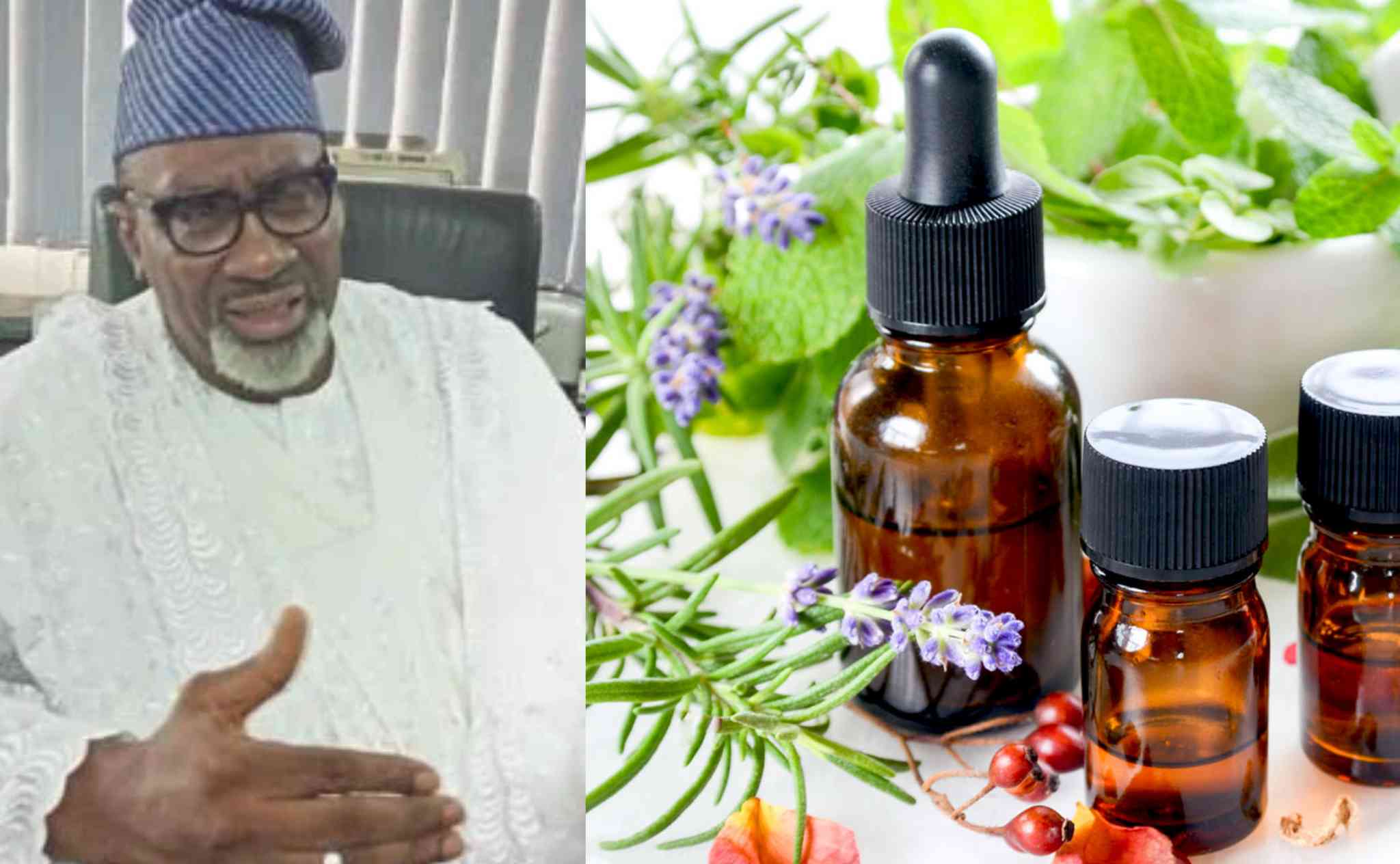Now you can believe in the efficacy traditional medicine for treatment of cancer Over Chemotherapy – Abayomi Odunowo.
As the news spread that King Charles has been diagnosed with cancer, the world was shocked and saddened. But what has surprised many is the King’s decision to forgo conventional chemotherapy and radiation treatments in favor of drinking traditional herbs, known as agbo, to combat his illness.
In a world where modern medicine is often considered the best and only option for treating serious illnesses, this decision has sparked debate and controversy. However, to truly understand the King’s choice, it is important to consider the cultural and personal beliefs that may be influencing his decision.
The use of traditional herbal remedies, such as agbo, has been a part of many cultures for centuries. These remedies are often passed down through generations and are deeply rooted in the beliefs and traditions of the people. In many African and Asian cultures, for example, herbal medicine is considered a vital part of healthcare, and is used to treat a wide range of illnesses and conditions. It is not uncommon for people to turn to these remedies, even when modern medical treatments are available.
For King Charles, who has always been deeply connected to his cultural roots, the decision to use agbo may be a reflection of his belief in the power of traditional healing. This is a man who has always valued the traditions and customs of his people, and who has often spoken about the importance of preserving and honoring these traditions.
Moreover, the decision may also be influenced by the King’s personal beliefs and experiences. Chemotherapy and radiation treatments are often associated with severe side effects, including nausea, hair loss, and fatigue. For someone who values his health and vitality, King Charles may be wary of subjecting himself to these treatments, especially when there is no guarantee of their effectiveness.
Additionally, the King’s decision may also be influenced by his distrust of the medical establishment. Throughout history, there have been numerous cases of medical malpractice and unethical conduct within the healthcare industry. For someone who has witnessed the failings of modern medicine, it is not surprising that King Charles may be hesitant to entrust his health to conventional treatments.
In choosing to use agbo, the King is also making a statement about the importance of cultural diversity and the value of traditional knowledge. By embracing his cultural heritage and utilizing traditional remedies, King Charles is sending a powerful message about the importance of respecting and preserving the wisdom of indigenous cultures.
While some may question the efficacy of herbal remedies, it is important to note that many traditional remedies have been found to have significant health benefits. In fact, modern medicine has often turned to traditional plants and herbs for inspiration when developing new treatments. There is a growing body of scientific research that supports the therapeutic properties of many traditional remedies, and it is possible that agbo may indeed have a positive impact on the King’s health.
In the end, the decision to use agbo is a deeply personal one, and it is important to respect the King’s right to make choices that align with his beliefs and values. It is also a reminder that there is no one-size-fits-all approach to healthcare, and that different people may have different needs and preferences when it comes to their treatment.
Ultimately, King Charles’ decision to use agbo to treat his cancer is a reflection of his commitment to his culture, his personal beliefs, and his desire to take control of his health in a way that feels right to him. It is a courageous choice that challenges the status quo and invites us to consider the value of traditional wisdom in a world that often prioritizes modern medicine above all else.
Otunba Abdulfalil Abayomi Odunowo
National Chairman AATSG
10th February, 2024


